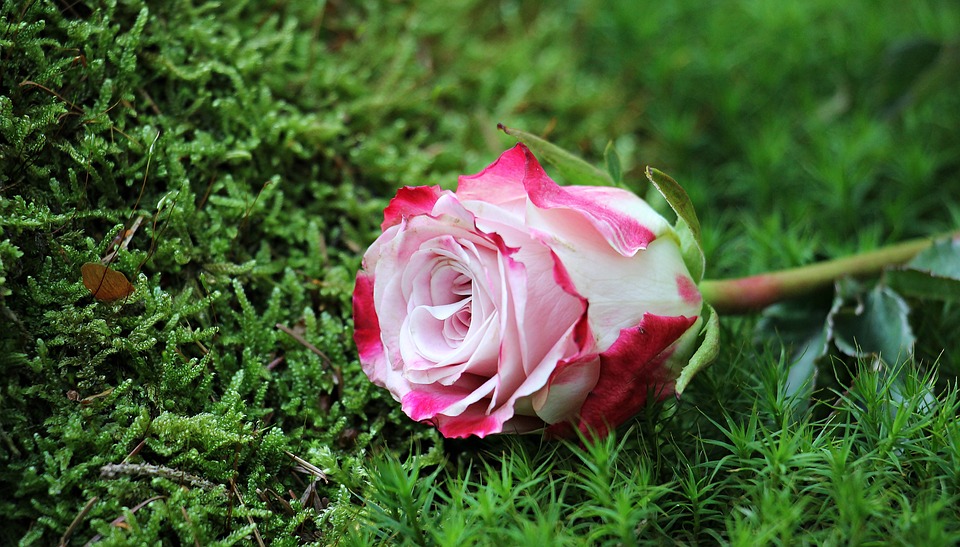Antibiotics
People with rosacea who are treated with antibiotics over a long period of time are more likely to develop yeast infections. Using antibiotics over a long period can reduce normal bacteria numbers and increase yeast numbers.
Most treatments have side effects, which vary from person to person and depend on a number of factors including diet. A treatment that works for one person with minimal or no side effects will not work for another. Dosages also vary from person to person and are also affected by a number of factors.
My diet:
One type of yogurt is usually enjoyed or eaten by one person, which helps in maintaining a balance of bacteria in their diet and thus may help reduce the number of bacteria in the intestines. Another person may be able to eat small amounts of herbs and spices known to have antibacterial properties. Garlic is well known as a natural antibiotic and antibacterial with reports dating back to history. It has been suggested that it may help fight acne, and a report of its use for rosacea suggests that this may be the case.
Herbal Remedies Work for Some People: It is suggested that a significant problem with herbal remedies for rosacea patients may be the variable “normal dose” if the herb or spice is not made into a tablet at a known dose.
garlic
The person with severe rosacea had for 5 years undergone pulsed light therapy, antibiotic treatment, and elimination of gluten from his diet. Removing gluten eliminated most, but not all, of my rosacea. After that, the person got a bad infection and started taking nine garlic tablets a day for about a week and then reduced it to 6 tablets a day. They say “the rosary is pretty much gone and they’ve gone on a gluten binge at Thanksgiving — and drank red wine without the flare.”
Analyze why this worked for this personGluten-free diet: Various articles on the Internet suggest that a gluten-free diet helps if the digestive system is affected by antibiotics. So this may be useful because the person was taking antibiotics. A gluten-free diet is suggested to help return the gut to normal after antibiotic treatment.
garlic tablets.
Use caution when trying garlic, it has been reported as a trigger in about 10% of sufferers.
It is suggested that garlic tablets work for several reasons:-
1) Using garlic tablets after treatment with antibiotics and a gluten-free diet may be an issue. Perhaps after other treatments have an effect but did not cure rosacea. Using antibiotics was not a long-term solution.
Garlic tablets at the time were probably the equivalent of “the straw that broke the camel’s back”. They may not have been able to treat rosacea on their own before other treatments. This is a guess, can be effective. Clinical trials are needed to answer this question and also determine if garlic produced a long-term cure, which it would be expected to do.
Like many natural antibacterial herbs and spices, garlic does not affect the “good bacteria,” which is why most people can eat and enjoy herbs and spices. So someone who was now going to take a garlic tablet on a long-term basis should be able to do so.
2) The dose of garlic was controlled using tablets. Think of eating garlic pizza slices. Getting 2 slices instead of 1 will double the dose. This would be equivalent to someone who took 18 pills instead of 9.
One chef might add three times as much garlic than another. This in addition to the above would be equivalent to someone taking 54 pills instead of 9
One chef might use garlic concentrate from a tube, while another might use pressed garlic cloves. Again the amount of garlic per slice will vary greatly.
The active ingredient in garlic cloves will also vary depending on when and where it was grown and the ‘variety’. All plants and fruits have different types, for example consider the different types of apples.
The use of a garlic tablet allows the dosage to be kept strictly during the first week and then precisely reduced by 1/3
Garlic seemed to help with rosacea that affected the eyes: The person had really bad rosacea and had a terrible bump on their cheeks at the worst point, and it affected their eyes and they were using wet eye drops five or more times a day. Since the garlic tablets, they didn’t need to use moisturizing eye drops. There may be a reason for this related to the way the smell of onions and garlic makes eyes water.
If a person eats a lot of garlic, the smell can “come out of the skin” and that person can have a “garlic” smell.
So it is possible that garlic in the body can find its way to the skin of the eyelids and possibly in the tears or tear ducts, in which case the sensitive nerve ending on the surface of the eye (which reacts when you touch onion peel and this smell) sends a message to the brain making the eyes moist.
ADDENDUM: Another rosacea sufferer who was warned garlic could be a trigger says, “I feel like garlic doesn’t really irritate my skin. I probably eat it mostly as part of olive oil salad dressing. Anyway, I was wondering if garlic was actually beneficial because garlic is known to have some antibacterial, antiviral, and antifungal properties.”
